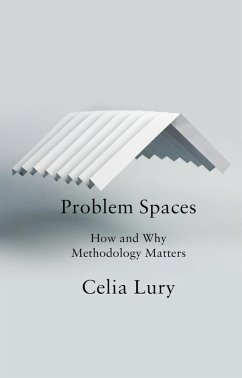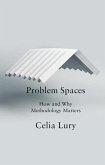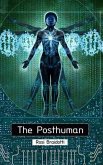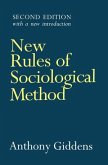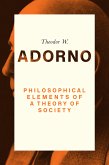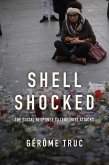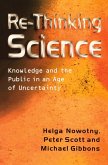In this innovative book, Celia Lury argues that the time has come for us to explore the world not only with new methods, but with a new approach to methodology itself. Fundamental changes are taking place in how we produce knowledge, how we communicate it and, indeed, what we consider to be knowledge. These changes demand innovative and creative responses to research questions. Lury's rethinking of the nature of social inquiry starts by reconceptualizing the 'problem space'. Problems are not static or a 'given'; rather, they are created and continually recomposed as part of the methodological process itself. Following the line of thought that methods are practices that articulate as much as capture a social problem, Lury further develops the notion of compositional methodology to think through its implications. With remarkable fluency, the book draws into conversation a range of hot-button issues, both longstanding and novel, from observation, reflexivity, recursive measurement and feminist methodologies, to participation, context, datafication and platformization. Always with an eye to the methodological potential of new trends, the book provides a strong challenge to much received wisdom and argues that a combination of techniques can contribute to better understanding of the problem spaces we all inhabit.
Hinweis: Dieser Artikel kann nur an eine deutsche Lieferadresse ausgeliefert werden.
Dieser Download kann aus rechtlichen Gründen nur mit Rechnungsadresse in D ausgeliefert werden.
Hinweis: Dieser Artikel kann nur an eine deutsche Lieferadresse ausgeliefert werden.
"An exciting new book, offering a fresh lens to think about how and why methodology matters [...] This is a powerful way of thinking through what methods do sociologically, and politically, which is particularly pressing in a context of multiple global intersecting crises of a social, environmental, and economic nature, which require new, critical forms of academic praxis."
The Sociological Review
"This jewel of a book addresses the wicked problem of thinking about problems by treating problems as emergent, contingent, circulating spaces in which forms generate methods in an open series of linked processes. Celia Lury brings great clarity and originality to this novel approach to the problem of method."
Arjun Appadurai, New York University
"Only Celia Lury could bring together insights from various disciplines to track the profound changes in knowledge production in relationship to a new regime of truth and to respond with what she discusses as compositionalmethodology and epistemic infrastructures. This is precisely the book to read right now no matter your discipline or practice! I look forward to sharing it with my colleagues and students."
Patricia Ticineto Clough, The City University of New York and author of The User Unconscious
The Sociological Review
"This jewel of a book addresses the wicked problem of thinking about problems by treating problems as emergent, contingent, circulating spaces in which forms generate methods in an open series of linked processes. Celia Lury brings great clarity and originality to this novel approach to the problem of method."
Arjun Appadurai, New York University
"Only Celia Lury could bring together insights from various disciplines to track the profound changes in knowledge production in relationship to a new regime of truth and to respond with what she discusses as compositionalmethodology and epistemic infrastructures. This is precisely the book to read right now no matter your discipline or practice! I look forward to sharing it with my colleagues and students."
Patricia Ticineto Clough, The City University of New York and author of The User Unconscious

